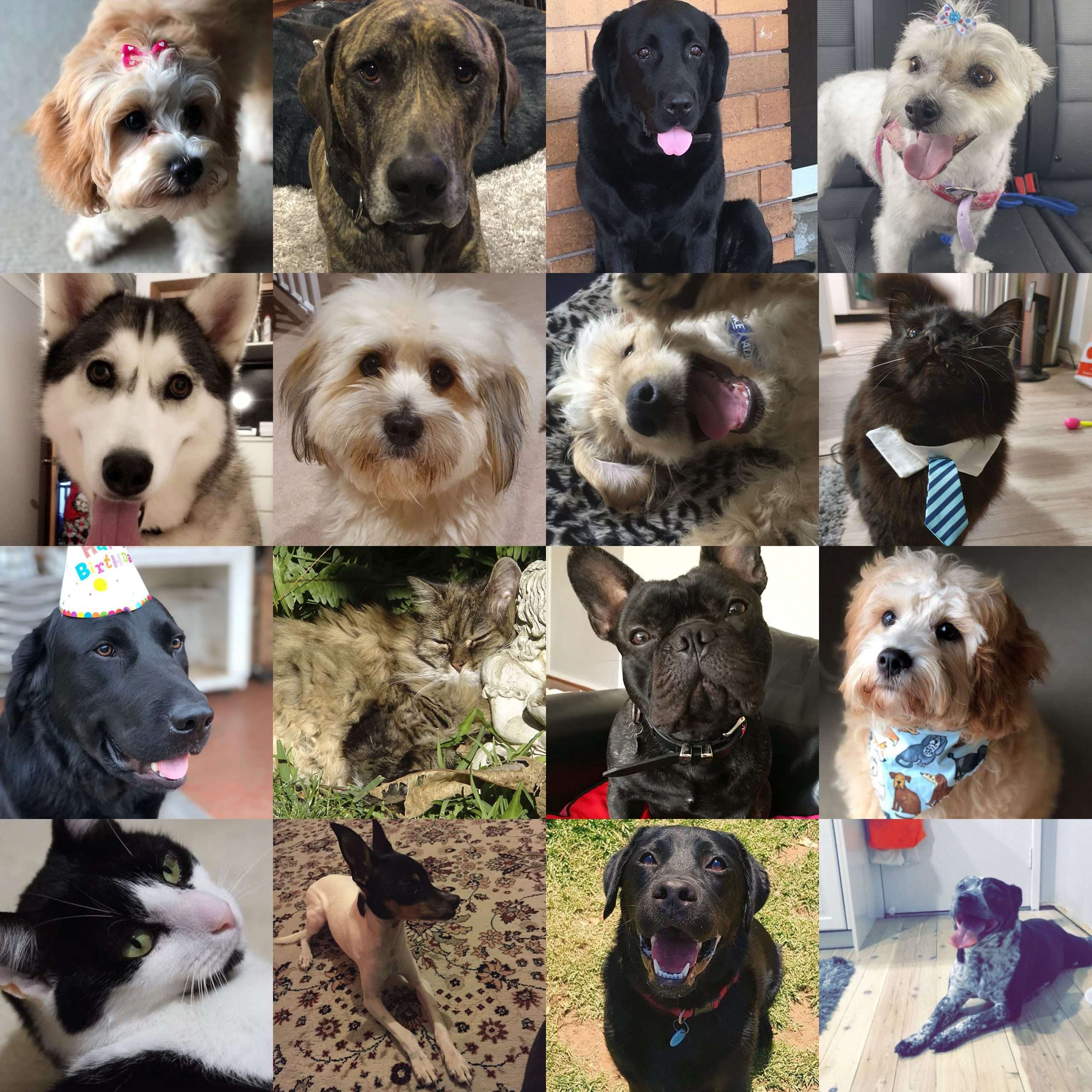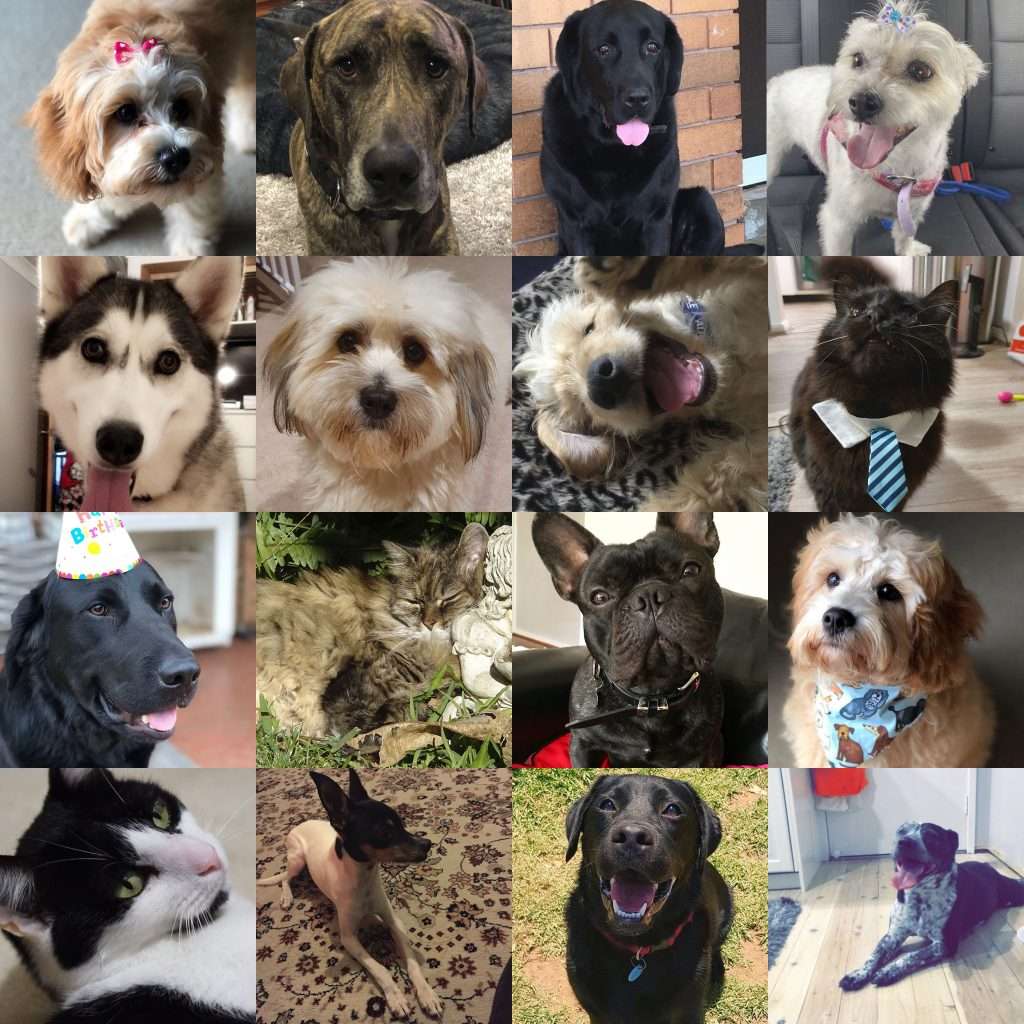Many of us will be exiting lockdown with a new furry addition to our household. Whilst a new family member is exciting, it can also be a very overwhelming, particularly if you’ve never had a pet before.
Whether you’ve bought a puppy from a breeder or adopted a rescue dog, keeping on top of pet ownership laws is a must for any owner.
The pets of Streeterlaw!
Finding a Pet
Many breeders and other sellers advertise on a range of forums, including Gumtree, Facebook and specialised forums. Whilst this can be a good opportunity to purchase a pet directly through a breeder, extra care must be taken to protect yourself from scams.
- Meet your new pet in person before committing
- Obtain certification (and verify numbers with the relevant breeder society) if purchasing a pedigree dog, especially if you’re paying a premium as many scammers hope to trick trusting and uninformed owners!
- Check the identity of the breeder to confirm that they are reputable and encourage ethical breeding practices.
Did you know that adopting a restricted dog such as a Pit Bull Terrier or a Japanese Tosa is an offence, and breeding such a dog is banned in Australia? This includes crossbreeds, so it is important to carefully investigate before purchasing if you believe your chosen pooch might possibly be cross bred with one of the restricted breeds.
Buying a Pet
Once you’ve made claim on your new addition to your family, you need to make them yours!
- Obtain documentation at the point of sale, including registration documents and receipts to confirm proof of sale.
- All dogs and cats must be microchipped either when they are 12 weeks of age, when they are sold, or when they change ownership – whichever happens first.
- All pets must be registered on the NSW Pet Registry once they are 6 months old.
- If purchasing an adult animal, you must complete a transfer of ownership and provide your details to the relevant council. This also applies if you move interstate.
Each council determines different rules for registering ownership, so it is important to check to make sure all the necessary documents for transfer are executed, which may require the signature of the previous owner.
Taking care of your dog
Under law, you must make sure that:
- Your dog has a collar around its neck with a nametag showing its name and your address (or phone number).
- You have taken all reasonable precautions to make sure your dog cannot escape.
- If your dog is out in public, the dog is leashed to you.
- You do not take out more than 4 dogs at once.
Dogs are prohibited from entering the following places, even if they have leashes on:
- Children’s play areas;
- Food preparation and consumption areas (excluding outdoor dining areas where the dog is leashed;
- Bathing areas including beaches and pools (provided the local authority has notified that this is prohibited);
- School grounds;
- Childcare areas;
- Shopping areas including parking lots and shopping arcades (provided the local authority has notified that this is prohibited); and
- Wildlife protection areas (including national parks).
Many landlords prohibit owning a dog or cat for tenants or require their permission. Some strata titles also prohibit owners for keeping a pet at their apartments.
It is important to take any complaints made by neighbours concerning barking seriously. If your dog is barking incessantly, a report may be made to the local council – even if it is the first you’ve heard of it! Fines can apply if your dog continued to be a noise nuisance – if you receive a noise complaint, it may be worth taking your dog to a vet to discuss why your dog is barking.
If things go wrong?
Did you know that if your dog attacks another person or another animal, you may be liable for penalties? If this was the result of a reckless act or omission, you may even be liable for imprisonment! This does not apply if the dog was provoked, or if the dog was defending its owners’ property against a trespasser.
A dog that has attacked a person must be reported – many dogs that attack people can be considered a “dangerous dog.” Strict requirements apply for dangerous dogs, including wearing muzzles.
If you believe a vet has been negligent in providing treatment to your cat or dog, you are able to make a formal complain to the Veterinary Practitioners Board of NSW.
If you are involved in a neighbourhood dispute regarding your pets, or if you are seeking clarification on your rights and obligations as a pet owner, pet breeder or veterinary professional, contact the team at Streeterlaw on 02 8197 0105 to find out how we can help.










